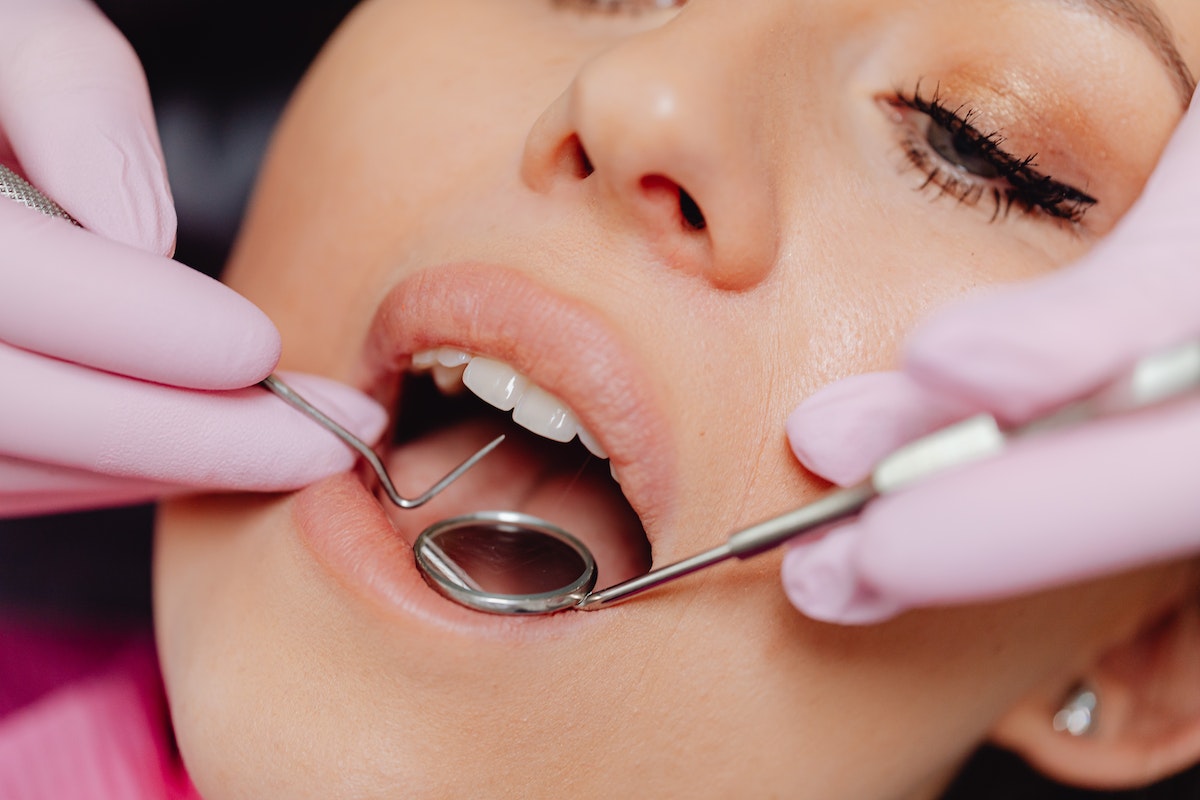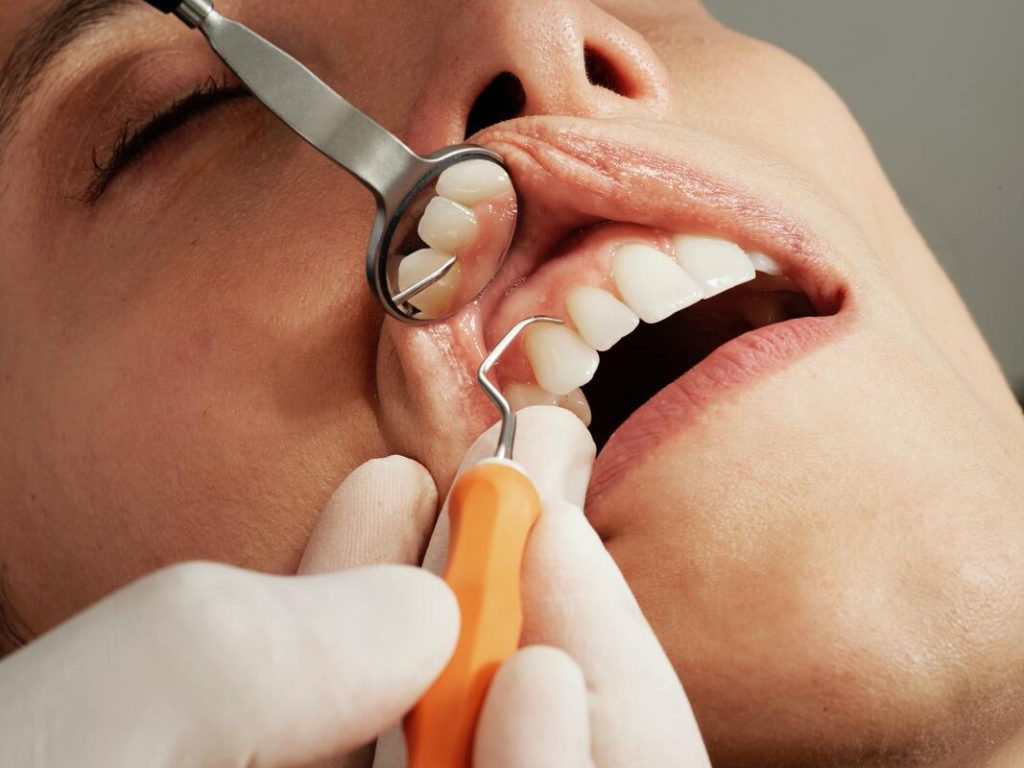• Bleeding gums are a common dental issue that can indicate poor oral hygiene or underlying health issues.
• Warning signs of bleeding gums include redness and swelling in the gum tissue, persistent bad breath, receding gums, and loose teeth.
• Causes of this condition can include poor oral hygiene habits, smoking, existing health conditions, and lack of teeth.
• Treatment for bleeding gums includes replacing missing teeth with dental implants, maintaining a diet rich in fruits and vegetables, and more.
• Make sure to check for any signs or symptoms of bleeding gums so they can be addressed before they worsen.
Have you ever noticed bleeding when brushing your teeth? Although it may seem minor, bleeding gums can indicate poor oral hygiene or underlying health issues. Therefore, it’s essential to understand the causes of this condition and what steps you need to take if you find yourself dealing with bleeding gums. Here’s a closer look at everything you need to know about this common dental issue.
Signs and Symptoms of Bleeding Gums
You must notice signs or symptoms indicating something is wrong with your oral health. For example, common warning signs of bleeding gums include redness and swelling in the gum tissue, persistent bad breath (halitosis), receding gums, and loose teeth. If you experience any of these symptoms, you must consult your dentist immediately for diagnosis and treatment.
What Causes Bleeding Gums?

There are various reasons why your gums are bleeding. Here are some of them:
Poor Oral Hygiene Habits
If you have poor oral hygiene habits, bacterial growth can build up on your teeth and gums. This will cause the gums to become irritated, inflamed, and eventually bleed. To prevent this from happening, brush twice daily with fluoride toothpaste, floss daily, and use an antiseptic mouth rinse. However, too much brushing can also damage the gums, so it’s essential to be gentle.
Smoking
Smoking is another significant risk factor for developing gum disease, which can then lead to bleeding gums. Cigarette chemicals can damage the soft tissues of your mouth, including your gums, making them more susceptible to infection.
Smoking also lowers oxygen levels in the blood, making it harder for those tissues to heal. If you smoke cigarettes or other tobacco products, you must practice good oral hygiene habits regularly to reduce your risk for gum disease and other oral health issues caused by smoking.
Existing Health Conditions
Certain existing health conditions can also increase your risk of gum disease. Diabetes makes it difficult for your body to fight off infection due to lower immunity levels; therefore, people with diabetes are more likely to develop gum disease than those without this condition.
Additionally, people who have HIV/AIDS may also be at an increased risk for developing gum disease due to their weakened immune systems. Therefore, it’s essential to speak with your doctor about any existing health conditions you may have to determine what steps you should take to reduce your risk of developing gum disease or other dental problems related to these conditions.
Lack of Teeth
If you lack teeth, your gums may be more susceptible to infection and to bleeding. Teeth help protect the gums from bacteria and other irritants, so having missing teeth can leave your mouth more open to oral health issues.
Treating Bleeding Gums
The good news is that treating bleeding gums is relatively straightforward. Here are some ways to treat it:
Replace Teeth
As stated earlier, any missing teeth must be replaced. Dental implants are your best option for this. These implants are made of titanium, a biocompatible material that can fuse with your jawbone to create a secure foundation for your artificial teeth.
Diet

Your diet also plays an essential role in your oral health. Eating plenty of fruits and vegetables can help keep your gums healthy, as they are rich sources of vitamins, minerals, and antioxidants. Plus, they can help reduce the number of bacteria in your mouth.
Mouth Rinses and Toothpaste
Using an antibacterial mouth rinse can also help reduce plaque and bacteria buildup in hard-to-reach areas of your mouth that may be missed when brushing or flossing. Additionally, using toothpaste with fluoride can help strengthen your teeth and reduce the risk of cavities.
All in all, it’s essential to keep an eye out for any signs or symptoms of bleeding gums so they can be addressed before they worsen. With improved oral hygiene practices and regular checkups with your dentist, you should be able to treat any current issues while preventing future problems. Don’t wait until the situation worsens; ensure you get ahead of any potential dental problems immediately!

